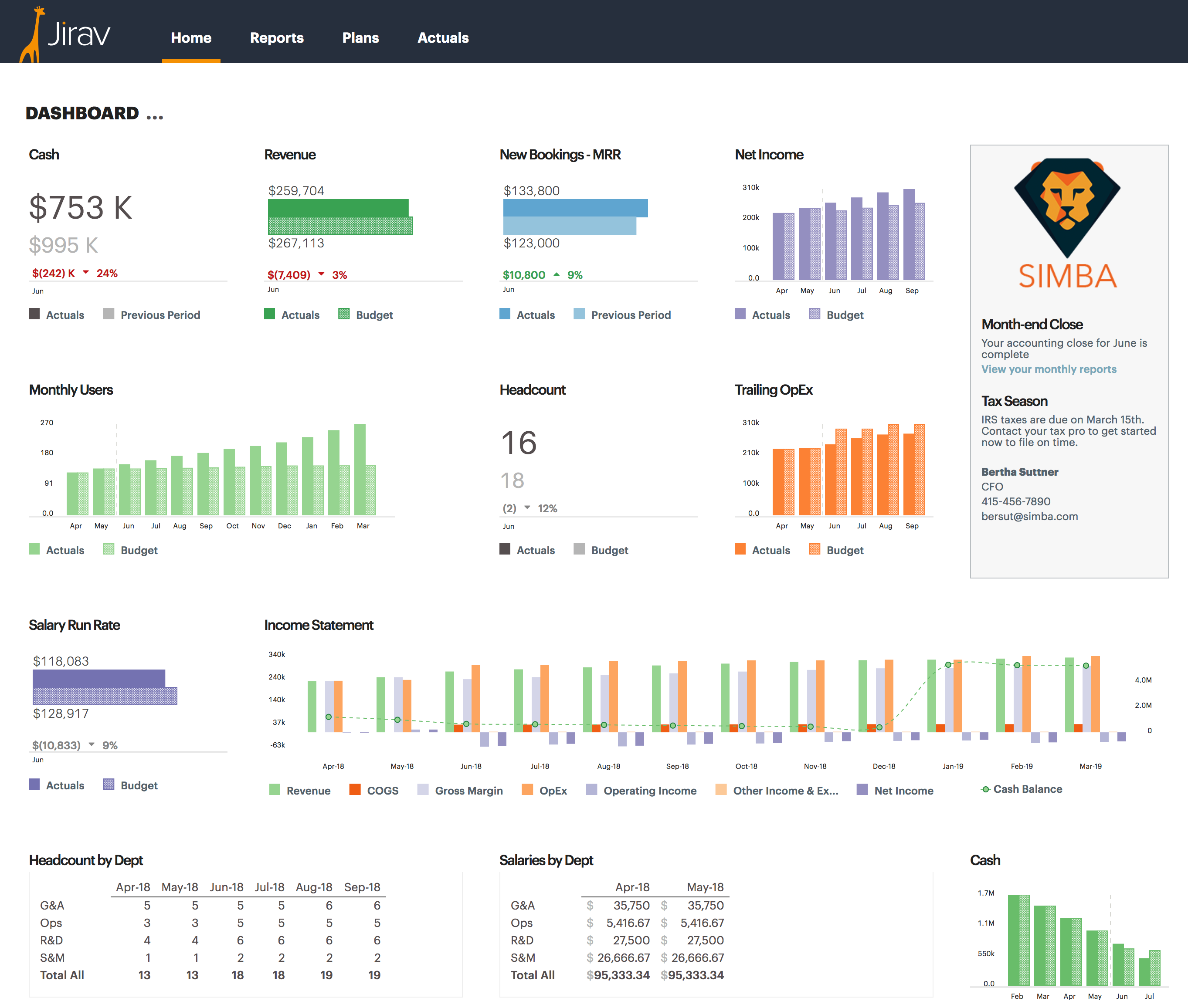In today's rapidly changing business environment, the ability to anticipate and respond to different possible futures isn't just a competitive advantage—it's essential for survival. That's where scenario planning comes in.
What Is Scenario Planning?
Scenario planning is a strategic method that enables businesses to develop flexible long-term plans by imagining various possible futures. Unlike traditional forecasting that produces a single prediction, scenario planning helps you prepare for multiple outcomes—both expected and unexpected.
"The true value of scenario planning isn't in predicting the future correctly, but in making better decisions today by considering multiple possible tomorrows."
Why Most Small Businesses Don't Plan for Multiple Scenarios
Many small business owners avoid scenario planning because:
- It seems overwhelming and time-consuming
- Traditional tools like Excel make it complex
- They focus on immediate concerns rather than future possibilities
- They lack the technical expertise or resources
But here's the truth: The cost of not planning for different scenarios far outweighs the investment required to do so.
The Power of "What If?" Questions
Effective scenario planning answers crucial questions like:
- What if our primary supplier can't deliver?
- What if a new competitor enters our market?
- What if we need to increase prices by 10%?
- What if we open a second location?
- What if our best-selling product loses market share?
By exploring these questions systematically, you transform uncertainty from a threat into a strategic advantage.
From Historical Data to Future Decisions
Your past financial performance contains valuable insights that can inform your future strategy:
- 1. Identify key performance indicators (KPIs) that have historically impacted your business
2. Analyze patterns and trends in your historical data
3. Determine which variables most significantly affect your outcomes
4. Use these insights to create realistic parameters for your scenarios
Remember that historical data provides context, not certainty. The future may differ significantly from the past, which is precisely why scenario planning is valuable.
Moving Beyond Static Budgets
The evolution of financial planning typically follows this progression:
- Static annual budget: A fixed plan for the year
- Rolling forecast: Updated regularly as new data becomes available
- Scenario planning: Multiple possible futures with different variables
Rolling forecasts naturally lead to scenario planning as you adjust projections based on changing conditions. The key difference is that scenario planning deliberately explores multiple distinct possibilities rather than simply updating a single forecast.
Creating Effective Scenarios
Follow these steps to develop useful scenarios:
- Define your focal issue or decision that needs to be made
- Identify key forces in your business environment
- Develop 3-4 plausible, distinctive scenarios (not just "good," "bad," and "most likely")
- Assess the implications of each scenario on your business
- Identify warning signs that would indicate a particular scenario is becoming more likely
- Develop responsive strategies for each scenario
The most valuable scenarios challenge your assumptions and expand your thinking about what's possible.
Responding with Agility
Scenarios are only useful if they lead to action. For each scenario, develop:
- Early warning indicators to monitor
- Contingency plans that can be quickly implemented
- Resource allocation strategies to shift investments as needed
- Communication plans for employees, customers, and partners
The true value of scenario planning isn't just in preparation, but in cultivating organizational agility—the ability to pivot quickly as conditions change.
Technology Solutions for Scenario Planning
Modern tools have made scenario planning more accessible to small businesses:
- Financial planning software with built-in scenario capabilities
- Cloud-based platforms that automatically update projections
- AI-powered analytics to identify patterns and trends
- Visualization tools that make complex data understandable
These solutions can instantly show how changes in one area affect your entire financial picture across income statements, balance sheets, and cash flow projections.
When to Consider Professional Help
While many aspects of scenario planning can be handled internally, complex situations may require expert guidance. Consider working with a CFO or specialized accounting firm when:
- Making major strategic decisions like expansions or acquisitions
- Facing significant market disruptions or regulatory changes
- Needing sophisticated financial modeling beyond your team's capabilities
- Wanting an objective outside perspective on your planning process
Professional financial advisors bring not only technical expertise but also experience with how similar scenarios have played out in other businesses.
Getting Started: A Simple Framework
Begin with these three foundational scenarios:
- Base case: Your most likely outcome given current trends
- Challenge case: A significant negative disruption to your business
- Opportunity case: An unexpected positive development
For each scenario, document:
- Key assumptions
- Financial projections
- Required resources
- Strategic responses
- Signs to watch for
Even this simplified approach will put you ahead of most small businesses in terms of strategic preparedness.
Conclusion
Scenario planning transforms uncertainty from something to fear into a strategic advantage. By systematically exploring multiple possible futures, you can make more informed decisions today and respond more quickly to changes tomorrow.
The businesses that thrive in uncertain times aren't those that predict the future perfectly—they're the ones that prepare for multiple possibilities and develop the agility to adapt quickly when circumstances change.
Start small, focus on your most critical variables, and gradually build your scenario planning capabilities. Your business will become more resilient, more strategic, and better positioned to seize opportunities that others miss.












